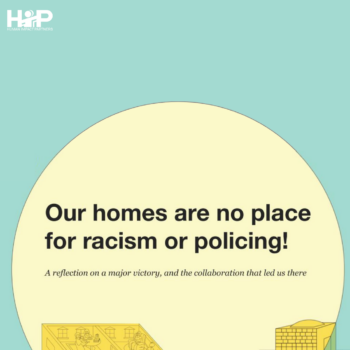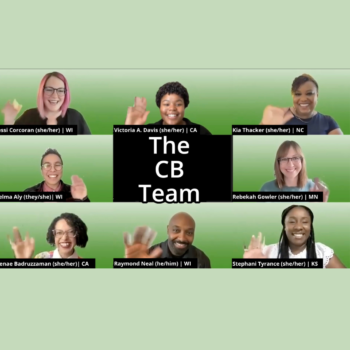| By Kim Gilhuly |
In public health, especially government-run public health departments, we often debate whether there is “enough” evidence, or whether the evidence is “robust” enough, to justify speaking out and becoming an advocate on a particular issue. A bill in the California legislature right now would fund a Gun Violence Research Center at University of California at Davis if passed – a welcome addition. However, pioneering researchers have already provided scientific evidence that indicate there is no reason for public health practitioners to tiptoe around this issue.
Guns lead to death and injury. You don’t need a study to know this. There is a mantra that the National Rifle Association perpetuates, that even Michelle Obama has echoed, that there are instances in which it is justified for someone to own a gun to make the gun owner safer.
Well, owning a gun is dangerous and does not make you safer. It actually increases the chance that the gun owner or a family member will die or be injured (see links to that evidence below), and the number of guns per capita in a country is a predictor for the number of firearm-related deaths. And despite a ban that muzzled the Centers for Disease Control and Prevention (CDC) from doing research on guns (which was lifted in 2013 but not funded), academics have been doing the very difficult work of studying the impact of owning guns and policies and practices that limit or ease gun ownership.
The increase in risk of gun owners being injured or killed – compared to people who do not own guns – has been proven in several epidemiological studies that control for factors that might make gun owners at higher risk, such as area levels of violence, unemployment, urbanization and other factors. Some studies looked at keeping guns in the home, and found the same results: a higher risk of being harmed by guns among those who own guns. Yet the NRA’s claim is that any law to make restrict gun access will hamper the ability of law-abiding citizens from owning a gun. And Americans, despite the evidence, believe it.
I’m just going to say it again, though: By owning a gun, you are 4.5 more likely to be shot by a gun. And every single case-control study conducted has found that gun ownership is a strong risk factor for suicide. In fact, more than 60% of the firearm-related deaths are suicides.
A recent HIP study considered the health impacts of police purchasing “smart guns”, which only operate when activated by a biomarker (such as a fingerprint) of the owner. The study showed that between one-third to over one-half of the deaths by firearm could be prevented – this is homicides and suicides, and includes deaths from guns shot by children, by those who steal legally purchased guns, and guns taken from police. Based on 2013 deaths by firearm, this means between 9,400 to 17,200 deaths could be averted.
The data and evidence are out there. Webster, Vernick and Wintemute have studied the impact of policies to keep firearms away from high-risk individuals; Wintemute has shown that it is possible to take guns away from those who have been arrested and convicted of domestic violence or have a restraining order; Anestis and Anestis have found that laws that limit access to guns decrease suicide deaths. Irvin, et al studied the impact of regulating firearm dealers, finding that states requiring licensing and inspection have lower homicide rates. These brave researchers have bucked significant pressure to look away from these life and death questions.
In some cases the data can be flawed. For example the Department of Justice’s reporting of civilians killed by law enforcement was viewed as so unreliable that news source’s such as the Guardian and The Washington Post started collecting and analyzing their own data on police killings.
If public health practitioners consider themselves advocates for health – and consider themselves opposed to death and injury – there is truly plenty of excellent evidence that makes it imperative for us to stand up, call ourselves advocates for reducing gun ownership, and speak out.




